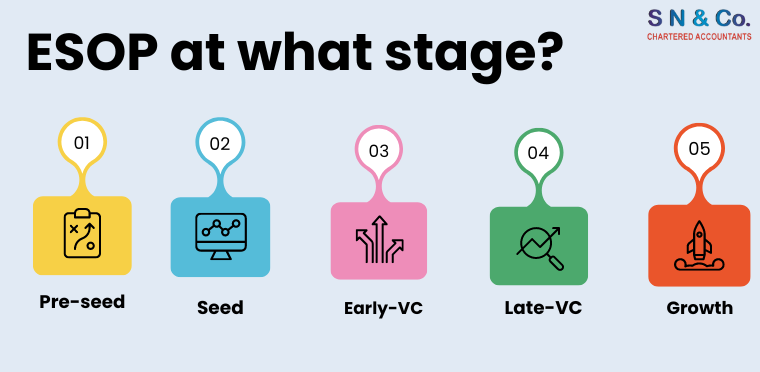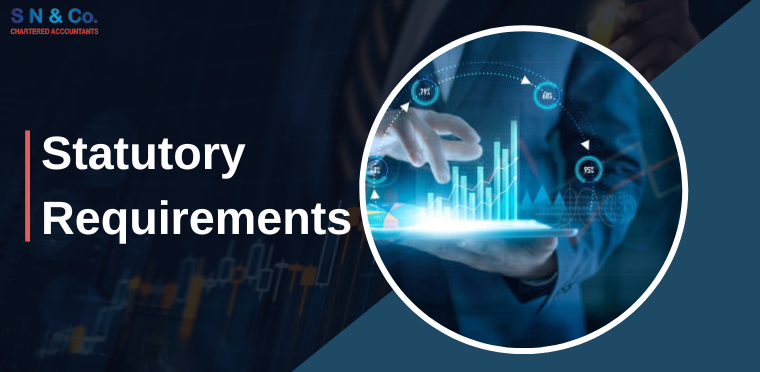NDTV vs. DCIT [2020] 116 taxmann.com 151 (SC).
Does the duty however extend beyond the full and truthful disclosure of all primary facts? In our opinion, the answer to this question must be in the negative. Once all the primary facts are before the assessing authority, he requires no further assistance by way of disclosure. It is for him to decide what inferences of facts can be reasonably drawn and what legal inferences have ultimately to be drawn. It is not for somebody else — far less the assessee — to tell the assessing authority what inferences — whether of facts or law should be drawn. Indeed, when it is remembered that people often differ as regards what inferences should be drawn from given facts, it will be meaningless to demand that the assessee must disclose what inferences — whether of facts or law — he would draw from the primary facts.
Firstly, the duty of the assessee is only to disclose fully and truly all the material facts for making the assessment. It is for the AO to draw inference from such primary facts.
Secondly, if the AO needs some additional information or documents, he must ask the assessee during the original scrutiny assessment proceedings.
Thirdly, non-compliance of requirements of other law cannot be made a basis for alleging assessee’s failure. The AO can, if he considers such information w.r.t the other law to be relevant, ask the assessee to provide the same. Only in cases where the assessee fails to provide such additional information, it may be considered as a failure.
Fourthlyand most importantly, the AO cannot get over by merely referring to the reasons to believe, unless he prima facie proves that there is a failure on the part of the assessee to fully and truly disclose all the material facts.
Proceedings initiated by the Department against a person who ceases to exist due to death or amalgamation is valid or not. .PCIT vs. Maruti Suzuki India Ltd 107 Taxmann.com 375,
- If the AO proves that mentioning of non existing company name in notice or order is procedural defect curable u/s 292B – proceedings is valid
- If AO unable to prove then proceedings invalid inspite of fact that
- amalgamation was intimated to AO
- Order is in name of old and new entity
- AR of amalgamated Co participated in proceedings
Suo motu disallowance offered by taxpayer cannot be rejected merely becaz disallowance will be more under Rule 8D – Tata Industries Ltd 116 taxmann.com 875 (MUM)
- An Assessing Officer cannot reject suomotu disallowance offered by assessee under section 14A on the ground that disallowance under Rule 8D will be more than disallowance made by assessee
- On the contrary, Assessing Officer can resort to Rule 8D only when he is not satisfied with correctness of claim of assessee
- Rule 8D cannot be a basis to get satisfaction and then apply mechanism of said Rule itself, rather basis has to be independent of Rule 8D of 1962 Rules
- As Rule 34(5) of ITAT rules ITAT may pronounce order within 90 days from hearing date and to compute the period of 90 days at least the period during which the lockdown was in force be excluded
Volkswagen case – Unsettling settled matters – Business Connection
Volkswagen Finance Private Ltd.organized a lavish event in UAE, to launch the group’s new AUDI 8L specifically for potential Indian customers.
The tribunal found that the event, though held in UAE constituted a business connection as:
- The predominant benefit of the event was ‘below-the-line publicity on internet, press releases and social media’ – i.e., highly targeted advertisement, for audit 8L facelift in India;
- The event was ‘India Centric’;
- The targeted audience and potential customers were in India; and
- The intended benefits were in India
It was of course not the Tribunal’s view that any part of the activity of celebrity Jonathan Cage was carried out in India. The only issue that turned the decision in favour of Revenue is the unique and fundamentally new concept of ‘below the line publicity’ targeted at Indian customers which was not encountered in any of the earlier decisions. The Tribunal felt that the operations outside India had a direct effect or nexus to Indian operations and hence the payment made to the Non-Resident had a ‘business connection’.
Note: This case might affect settled position of tax free payment for export commission
Appropriate officer to assess taxpayer is AO having jurisdiction over area in which business is carried on
[2020] 115 taxmann.com 289 (Madras)
INCOME TAX : Where assessee was residing at Madurai, Tamil Nadu prior to assessment year 2011-12 and no return of income was filed during his stay at Madurai as he had not earned any taxable income in that period and from assessment year 2010-11 onwards, assessee shifted to Shimoga, Karnataka, carrying on business there and returns of income were filed from assessment year 2012-13 till date at Shimoga, appropriate officer to assess assessee would be officer at Shimoga and not Madurai even though assessee obtained his PAN from Madurai






